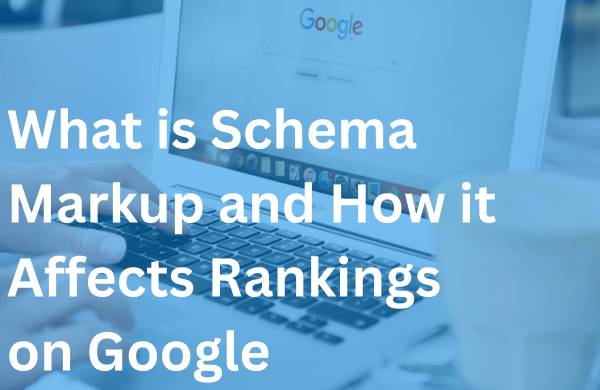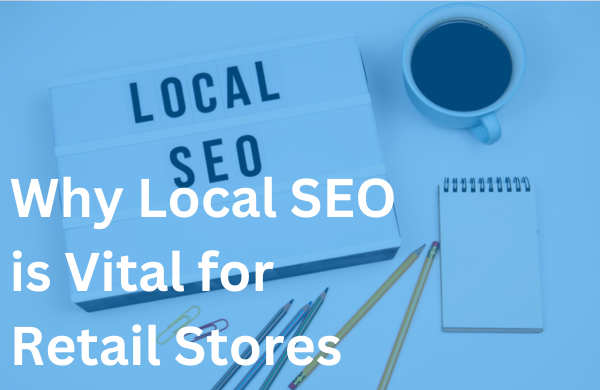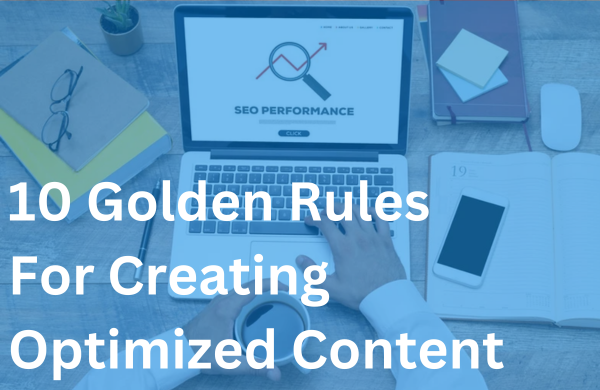SEO is a vital aspect of small business marketing. It helps you attract website visitors, improve your online presence, and boost conversions, making it necessary for business growth.
An SEO strategy requires keyword research, on-page optimization, high-quality backlinks, and local SEO. Read on to learn SEO tips for small businesses that will improve your company’s visibility!
Conduct Keyword Research
Keywords are one of the most essential elements of small business SEO. They should be scattered throughout your copy to help search engines identify what your content is about. The most difficult step may be determining which keywords attract your target audience.
Several tools will help with keyword research. They include:
- SEMrush: SEMRush allows you to enter seed keywords and get a list of related keywords organized into three levels for easy navigation. Its AI-powered assessment provides insight into the competition. You can use its built-in keyword mapping to improve your website ranking.
- Google Keyword Planner: You can use Google Keyword Planner to search for new keywords for ads or content. The system provides a forecast that shows how many conversions, clicks, or impressions you are likely to get when using the keyword. It provides analytics that helps you determine your strategy’s effectiveness.
- Ahrefs Keywords Explorer: Ahrefs Keywords Explorer aims to make finding keywords easy. It generates thousands of keywords and clusters them. You can use their metrics to find the best ones for your small business.
Optimize On-Page Elements
On-page optimization involves optimizing the elements on your pages to ensure they are primed to attract the most attention.
Here are some elements to consider.
- Title Tags: Title tags are HTML codes used to title a page and are displayed in the page’s browser. Search engines use title tags as a ranking factor, making them an important feature for organic ranking. Title tags should be concise and include relevant keywords.
- Meta Descriptions: Meta descriptions are text snippets explaining what a page is about. They help search engines and users understand the context of web pages and increase rankings and website visits. Meta descriptions are most effective if they are between 120 and 160 characters, include a query based on what the user is looking for, and use powerful words.
- Headers: Headers are another element that helps search engines understand your web pages. They also divide content into small sections to improve scannability and readability. Use H2, H3, and H4 headings as you see fit throughout your text. Ensure they are relevant to the subsequent text. At least one of your headings should contain a keyword. Limit headings to 70 characters.
- Visuals: Images make a web page more attractive and engaging. If you use alt tags with your images, they will help search engines identify your content topics. Alt tags also explain images to the visually impaired. The images you use should look professional. Avoid stock images if possible. Use alt tags that match your keywords.
Create High-Quality Content
Various SEO elements will improve your search engine rankings, but nothing can replace high-quality content. Your content should provide value to the readers and be relatable and engaging.
Here are some tips that will help you achieve your goal.
- Provide Value: Companies that provide helpful information to their consumers will win their loyalty and establish themselves as thought leaders in their industries. Consider questions your customers often ask and turn the answers into blog articles. Research the latest industry news to provide trending advice.
- Write Engaging Content: Integrate emotional aspects to make your content engaging. Use humor or tug at their heartstrings to help consumers relate to your content. Consider your target audience’s voice and concerns to ensure you get through.
- Proper Grammar is Key: Google does not penalize pages with improper grammar. However, pages with spelling and grammatical mistakes are harder for bots to understand when they scan for ranking purposes. Additionally, poorly written text can turn off customers and negatively affect your company’s reputation. Use Grammarly and read pages multiple times to avoid errors.
- Use Keywords Wisely: Keywords must be integrated throughout your text, but avoid keyword stuffing. Keyword stuffing is a negative ranking factor. It also makes your text sound awkward. Aim to integrate keywords into your text naturally.
- Avoid Jargon: Technical jargon can make your pages harder for Google to scan and alienate readers. Write simply and concisely to attract and maintain your consumer base.
Build Backlinks
Backlinks are an essential SEO strategy. They tell search engines that your content is valuable and authoritative, improving your search engine rankings. They can also help you network with other sites, leading to mutually beneficial relationships.
Here are some best practices to consider when using backlinks:
- Backlink to reputable sites: These sites will back your information and improve your authority and brand reputation.
- Check your backlinks regularly: Broken links can negatively impact your search engine rankings and brand reputation. Review your links regularly to ensure the pages you linked to are still functional.
- Backlink keywords: Backlinking keywords will help search engines recognize your keywords and improve your ranking.
- Avoid Competitor Sites: You may find competitor sites with relevant information to your content. However, most businesses should avoid directing their consumers to a competitor site. If you can’t find a relevant link for your content outside competitor pages, consider using a ‘no-follow’ link.
Utilize Local SEO
Local SEO is vital for brands that cater to a local crowd. It attracts customers and helps you gain walk-in traffic.
Several strategies will help you attract local customers. Here are some you should include in your marketing campaign.
- Google My Business: Google My Business is a powerful local SEO tool. It helps your company appear in local searches and offers visibility on Google Maps. It’s also completely free. Make the most of your Google My Business account by filling it out accurately. Include pictures and customer reviews and post regularly to boost your visibility.
- Use Local Keywords: You will also attract customers by using local keywords in your website content. For example, a plumbing company located in New York should use keywords like ‘plumbing company New York’ to attract local traffic.
- Integrate Citations: Citations are online business references with the company’s name, address, and phone number. They can appear on websites, apps, directories, and social media platforms. They help consumers find businesses in their area and improve search engine rankings.
- Encourage Customer Reviews: Customer reviews benefit any business but are especially effective for local SEO. They may discuss specific local problems the product or service helped solve. They may also reference a location, which can improve search engine recognition. Encourage customer reviews by asking for them. Incentives such as discounts and promotional items will motivate people to review your business more.
Conclusion
An SEO strategy will help you improve your online visibility, but it’s not a one-and-done solution. You must continue reviewing your SEO elements to ensure they adhere to the latest algorithms. Once you determine the best business strategies, you may revisit content to improve and further optimize it.
SEO is not an easy undertaking. It requires extensive knowledge and maintenance. Brillity Digital can relieve your stress and ensure your site is optimized! We offer SEO assistance and complementary services like pay-per-click, conversion rate optimization, web design and development, email marketing, and social media campaigns. Our dedicated staff will help your company achieve long-term success.
Contact us to start planning your SEO strategy today!




